Exercise 5 choose should or must;Match the sentences Type the letter in the box My brother has hurt his back We must hurry You must try that new restaurant in town She should go to bed early Julia has to get up at 5 am tomorrow You should take English classes I think you should have a haircutFREE Should/Ought to Worksheets This is the final section of modal verbs There are currently 107 activities for teaching and practicing should and ought to Using the materials found here, you can combine giving advice using should and ought to with health and body related topics There are three sets of cards and instructions for three
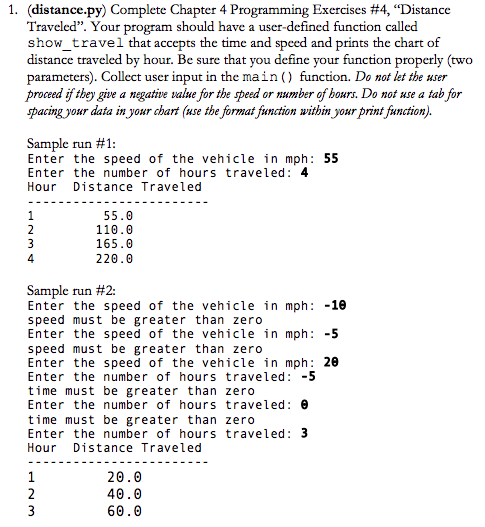
Solved 1 Distance Py Complete Chapter 4 Programming Ex Chegg Com
Should can have to must exercises
Should can have to must exercises-Mustshouldhave toneed (2) choose the most suitable modal verb sometimes more than one answer is correct see all questions I think you_____wear that dress It doesn't suit you ?6 You mustn't be late for class




M O D A L S K I P L E R Should Must Have To Need Mustn T Needn T May Might Ppt Download
Exercise 6 choose met should or have to;Ejercicios Should / Must / Have to 1 Elige "Must" / "Should" / "Have to" (en el tiempo correspondiente) para completar estas oraciones {ejerciciocompletar} You come with us to the cinema;Exercise 2 choose will en would;
2 pages/ Short grammar review writing exercises with should, mustgiving advice matching pictures and homework 28,175 Downloads 3 pages MODALS AND ASSOCIATED VERBS By lesleymisano 3 pages of A COMPREHENSIVE LIST OF MODAL and SEMIMODAL VERBS, THEIR USE AND EXAMPLES OF HOW THEY ARE USED A COLOUR GUIDE HELPS TO FModals must, have to, should, should have passive Dictation exercises focus on grammar Contenido de suscripción Los verbos modales must, have to, should, should have There is a small difference between how we use the semimodal verb had better compared to other modal verbs like have to/must or should had better = used for strong advice;
PAGE 94 • MODAL VERBS 43 Must/have to, mustn't/don't have to 1 We use must when the speaker thinks it is necessary or important to do an action You must go (= It is important that you go) We make negatives, questions and short answers like this You mustn't go Must you go?Should Must And Have To English Esl Worksheets For Distance Learning And Physical Classrooms For more information and source, Modals Of Obligation Online Quiz Photocopiables Staggering English Modal Verbs Worksheets Photo Inspirations Exercises Must Have To Should Kids Nilekayakclub For more information and source,Must Do—Obligations Use "must" to express something that you or a person feels is necessary




Modal Verbs Must Have To Should English Esl Worksheets For Distance Learning And Physical Classrooms
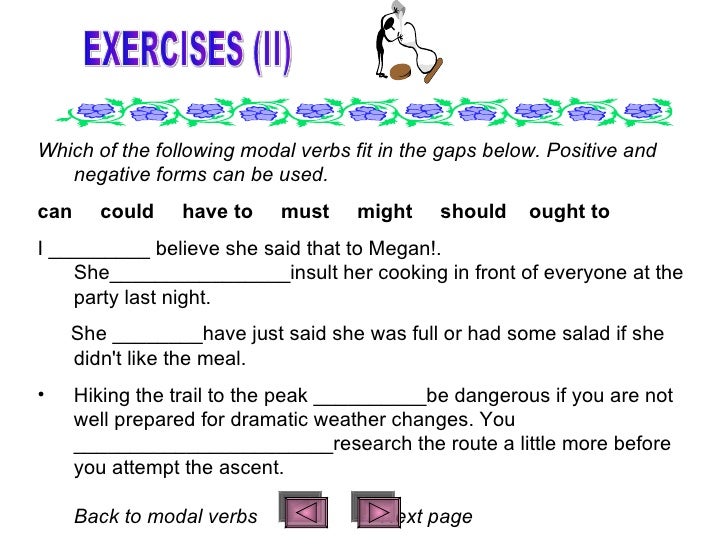



Modal Verbs Iii
Must or should Must exercises 01 Must should mustn't shouldn't rules 02 must exercises English exercises 03 must word order examples 04 must exercises exercisesmust 05 must modal verbsexamples Should exercises 06 should modal verbs exercise 07 should modal auxiliaries word order 08 should modal auxiliaries word order 09 should modal auxiliaries word order 10 mustn´t or shouldn´t exerciseWe _____take our food to school We went to the canteen ?Exercise 3 choose the correct verb form of would like;




Modal Verbs Must Mustn T Should Shouldn T Don T Have To Worksheet




Doc Upper Intermediate Further Practice Exercises Unit 1 Exercises B Torres Academia Edu
Some gaps may have more than one answer After you complete the first part of the exercise, there is a second part described at the bottom of the page might must shouldExercise 7 fill in should, must or mustn'tAdvice – exercises 1 Check your grammar Check your grammar word 2 word – have to, must and should 1 You mustn't tell everyone!



English Worksheets Must Have To Worksheets



In Plain English Should Must Or Have To
Students can practice modals Must, Have to & Should English Exercises > modals exercises Must, Have to, Should Downloadable worksheets Vitamin N Level advanced Age 1516 Downloads 15 MODAL VERBS 3 (KEY included) Level elementary Age 1217 Downloads 16 MUST, HAVE TO and SHOULD PART 2 Uses of should, must and have to Should In the present tense, 'should' can be used in order to signify a milder form of obligation and/or advice The negative version is made by placing a 'not' after the word 'should not', indicating aI must try to do more exercise Should is not as strong as must or have to You should be patient with me (=advice) You must be patient with me (=strong advice) ought to/ought not to = should/shouldn't Ought to has the same meaning as should, although it is
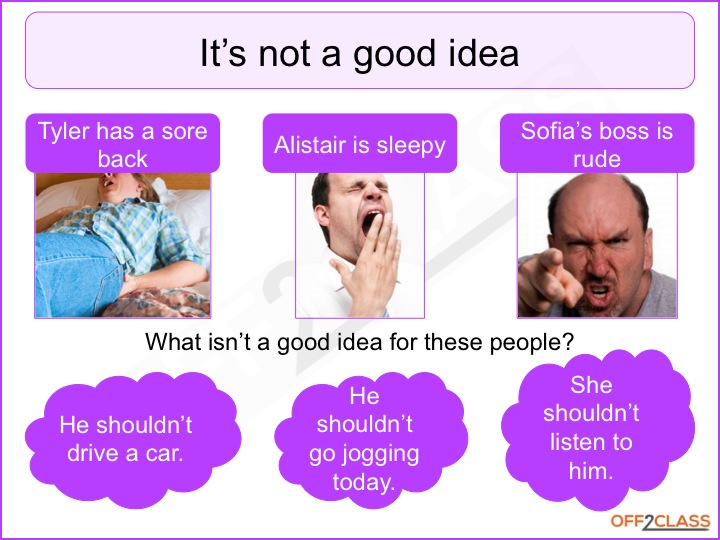



Teach Should And Ought To Advisability Modals Off2class
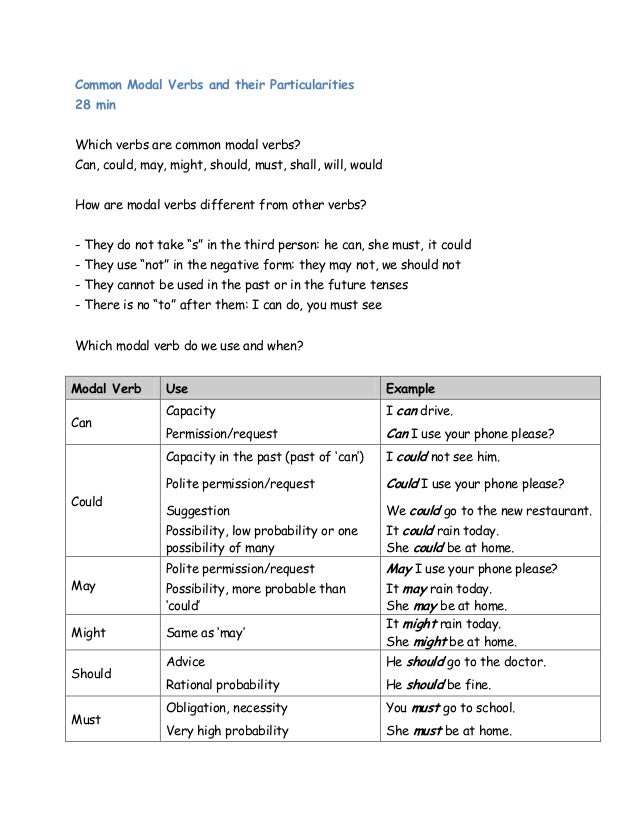



Should Have Could Have Would Have Exercises Pdf
Exercise modal auxiliaries, should, ought to 3 Exercise on how to use should and ought to for past events that didn't happen The sentences below talk about past events that didn't happen Comment on each one saying it should have happened or it ought to have happened (both modals are possible in all answers) ExampleObjective At the end of this topic you will Use the modal verbs, should and ought to to express advice and suggestion in formal way, and have to and must to express obligation, compromise or need in affirmative, negative or interrogative forms, through different customary contexts to exchange personal informationA shouldn't have drank b should've drink c should've drunk d shouldn't have drunk 2 I went to work yesterday, even though I felt ill Today I feel even worse I a shouldn't have stayed at home b shouldn't have gone to work c should have stayed at home d should have gone to work 3 My kids are so spoilt I should have with them



In Plain English Should Must Or Have To
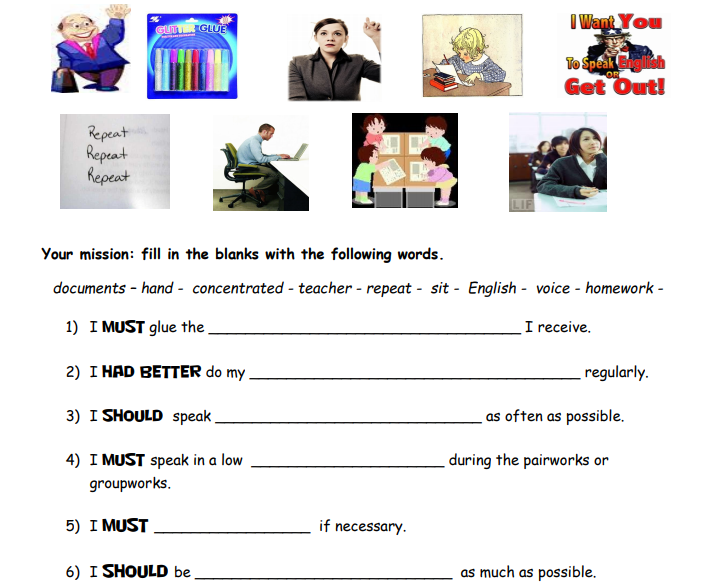



81 Free Must Worksheets
Must = used for strong advice, obligation, and rules;Instructions A) For questions 1 to 5, read each sentence, and select the correct answer from the three options B) For questions 6 to 10, read each alternative, and choose an answer that best fits the meaning of the first sentence Upgrade and get a lot more done!Should have taken must have taken (take) the wrong turn I don't think we are close to Wyoming at all 2 You should have consulted must gave consulted (consult) your parents before you decided on moving out 3 Darrel (skip) the class today, he missed a lot from today's lecture




This Assignment Consists Of Two Exercises You Should Chegg Com
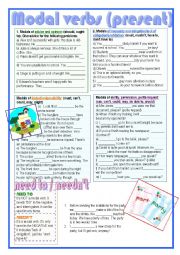



English Exercises Obligation Should Must Have To
The film we are going to see Must 'Must' is mostly used to express certainty however as seen above it can also be used for necessity It is also used to express strong obligation Most native speakers prefer 'have to' which is less restrictive in its meaning For prohibition 'Must not' can be used but the meaning is extremely severe and native speakers prefer 'shouldShould , must, have to Read the following situations and fill in one of the following verb forms , should, shouldn't, should have, shouldn't have , don't have to, doesn't have to, must, mustn't, must have




Modal Verbs English Page




Modal Verbs Must Should Have To Worksheet
Free English Course Should vs Must Test This should vs must test your understanding of the difference between advice and obligation Do you know when to use each modal?Exercise 4 choose should or would;You can find out below Good luck!
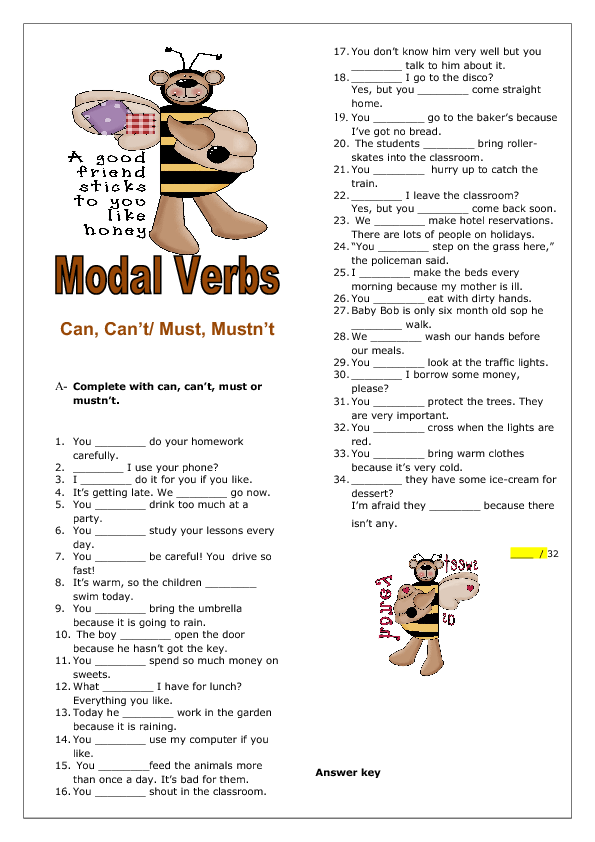



Can Can T Must Mustn T Elementary Worksheet




Should Must And Have To English Esl Worksheets For Distance Learning And Physical Classrooms
1could 2should 3can 4would 5should 6might 7could 8 must 9used 10 would Exercise No 3 Fill in the blanks in the following sentences with a correct one out of given options having appropriate use of a modal in it (Modals– Will / Shall , Would/ Should or Can/Could, May/Might, used to, Must/ought to etc) Must vs Have to Exercise ( / Preintermediate) A multiplechoice exercise to practise modals of obligation must / mustn't, have to / don't haveThis is our third lesson on English Modal Verbs In This English lesson, we will be looking at the differences between 'should', 'must' and 'have to'Join my




Have To Must And Should For Obligation And Advice Exercises 1
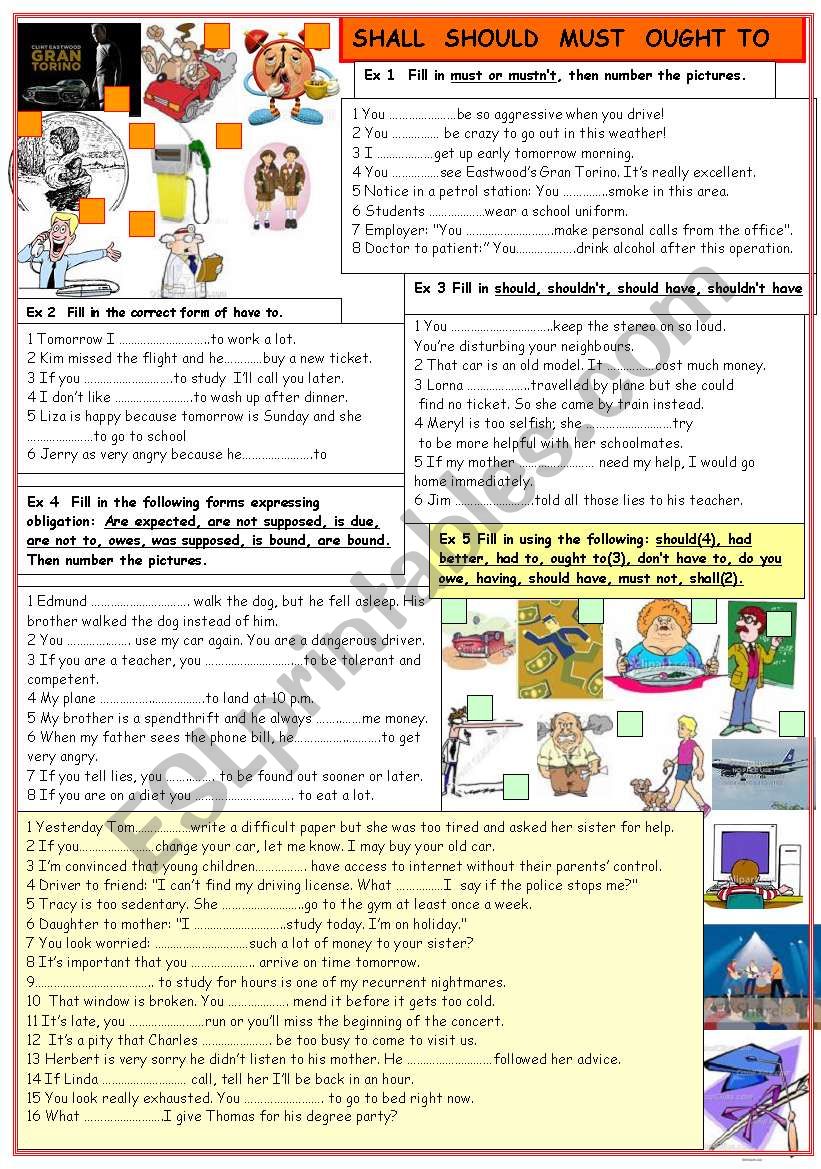



Shall Should Ought To Must Esl Worksheet By Lilianarota
English Grammar Use Of Must/Have To/Should Trivia Quiz!2 We have to be there early 3 I must remember to call Dad 4 You don't have to pay 5 You should try this fruit salad!Learn English > English lessons and exercises > English test # Should/ have to/ must > Other English exercises on the same topic Modals Change theme > Similar tests Modal may/might Placement test 1 Modal can (video) Modal verb must / have to Modal can/could Must / Have to Modal verbs Modal verbs




Should Shouldn T Must Mustn T Worksheet
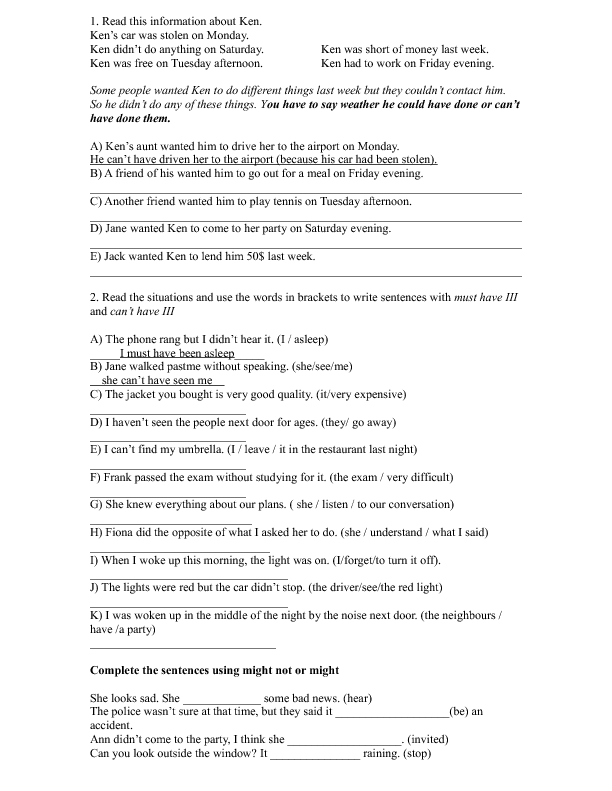



66 Free May Might Worksheets
Should or Must A modal is an auxiliary (helping) verb that expresses ability, possibility, permission or necessity English modals include must, shall, will, should, can, could, would, may and might In this lesson, we shall be discussing SHOULD and MUST SHOULD and MUST express necessityShould have Nós usamos "should have" para dar, ou pedir uma opinião no presente sobre algo que aconteceu no passado "I had a terrible stomachache" "You should have gone to the doctor's" "I didn't hear from my father last week" "You should have called him" "She isn't happy with the salary she's getting"I must go to the doctor I must get up early tomorrow You mustn't call me before 8 It is used to describe something that the speaker thinks is necessary to do You must eat less candy I must try to do more exercise We can also use must to express strong advice You must see the new film;
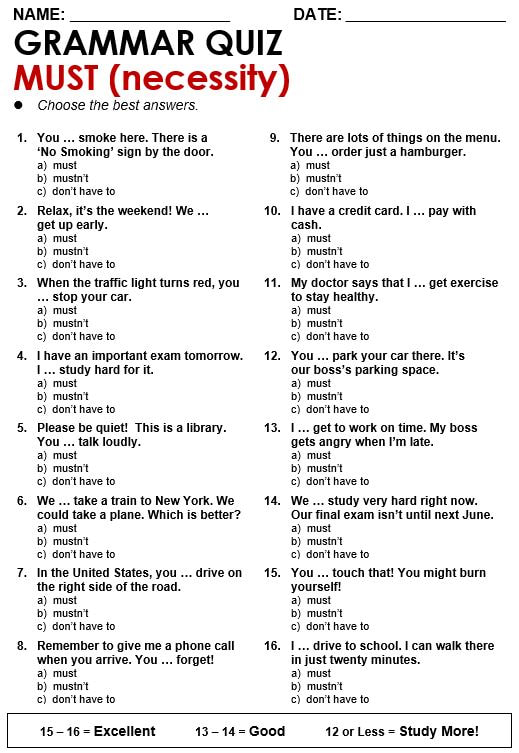



Must Necessity All Things Grammar




Exercise Grammar Unit 7 Modal Verbs
Exercises modal verbs Must not do not have to Must / have to / should Modal verbs must and mustn't Necessity must / have got to Obligation, necessity and permission 1 Obligation, necessity and permission 2 Obligation, necessity and permission 3 Mustn't or needn't exercisesShould Must And Have To English Esl Worksheets For Distance Learning And Physical Classrooms For more information and source, Modals Of Obligation Online Quiz Photocopiables Staggering English Modal Verbs Worksheets Photo Inspirations Exercises Must Have To Should Kids Nilekayakclub For more information and source,Have to, must Quiz You can do this grammar quiz online or print it on paper It tests what you learned on the have to, must page 1 Yesterday I _____ finish my geography project must mustn't had to a) must b) mustn't c) had to 2 She will _____ wait in line like everyone else must




M O D A L S K I P L E R Should Must Have To Need Mustn T Needn T May Might Ppt Download




Must Vs Have To English Grammar English Grammar Worksheets Learn English Words
NOTE "have to" is conjugated as a regular verb and therefore requires an auxiliary verb in the question form or negative We have to get up early She had to work hard yesterday They will have to arrive early Does he have to go?Click here for all the exercises about modal verbs We can use have to infinitive, must infinitive and should infinitive to express obligation (something you have to do) Present Positive Negative have to / don't have to strong obligation (possibly from outside) Children have to10 Must vs Have to / Has to Exercises 1 / 2 / 3 11 Must / Mustn't / Needn't / Have to 1213 Modals With Passive Voice 1 / 2 14 Mustn't vs Needn't vs Can't Similar Exercises MODALS V3 Practice Test Ought to (Should) Have / Must Have Needn't Have / Didn't Have To Should Have Done Drag and Drop Exercises Modals Drag and Drop 1 / 2 / 3 Other Drag & Drop Grammar Exercises Multiple Choice Exercises
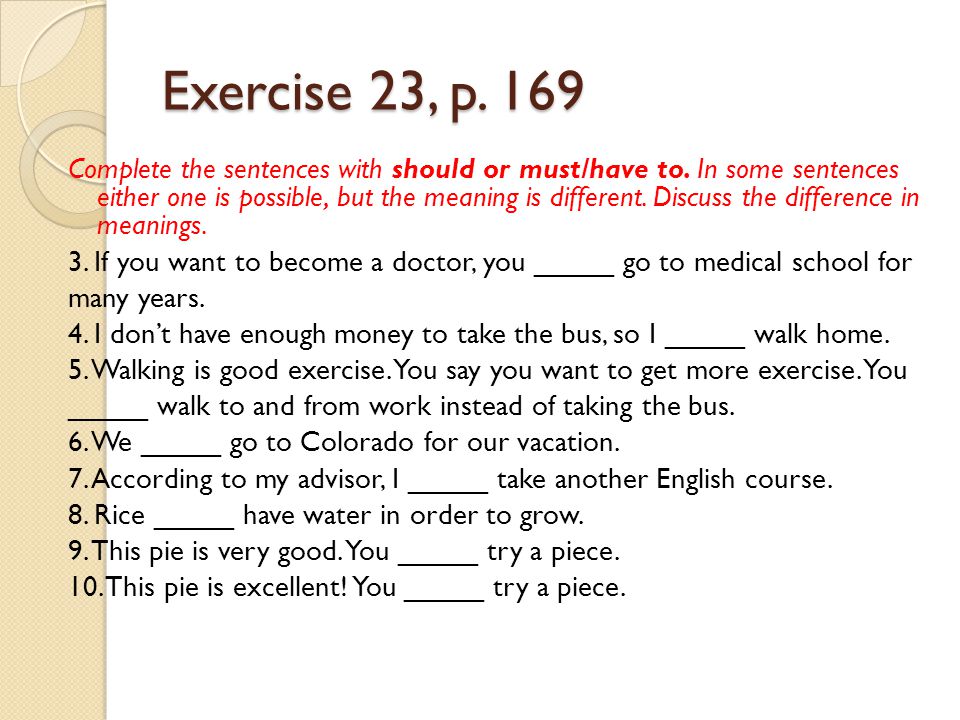



Modals Part Ppt Download




Answerkey To Exercises Grammarbank A And B P Telephony Communication
Should have or ought to have express options that were not taken in the past "It would have been a good idea, but it did not happen" We use these words to point out errors when reviewing a situation or event We should have protected the environment (but we didn't) We ought to have protected the environment (but we didn't)Have to, don't have to, must, mustn't (1) Type the correct answer into the box Use contractions where possible Youhave a passport if you want to travel abroad Youarrive late Youstand on the plane There are seats for everyoneShould = used for give advice (not as strong as the words above);




Oop Exercises Java Programming Tutorial



1
Must or should exercises Must infinitive = it is necessary to do something For past tenses use had to I must stop the car They must stop the car I mustn' t stop the car Must n't (must not) infinitive = it is necessary not to do something The car is damaged You must repair itBefore giving this worksheet to your students, review and discuss the meaning of 'should' (consider contrasting it with 'have to' and/or 'must') Perhaps share a small personal problem that you have and ask for advice from your students Then, write the first two sentences on the board and elicit the missing wordsFREE Must Worksheets Welcome to the must subsection of modal verbs where you can find 81 Must worksheets to help your students learn the proper uses of this word Here are two examples of worksheets from this section that you might want to use in class The first worksheet has students practice forming positive and negative sentences with must




Must Have To And Should English Esl Powerpoints For Distance Learning And Physical Classrooms




Test English Prepare For Your English Exam
2 pages/ Short grammar review writing exercises with should, mustgiving advice matching pictures and homework 28,163 Downloads Must or Mustn't By 1mada An exercise to practise MUST and MUSTN´T Students have to complete the sentences with the affirmative or negative form B&W version andNo There's something very important about must and have to The positive forms are very similar in meaning, but the negative forms are completely different You mustn't forget (don't forget you have no choice) If you don't like him, you don't have to see him again (there is no obligation to see him again, but you have a choice)Would, wouldn't, should, shouldn't, must, have to exercise 1 choose should, would, shouldn't or wouldn't;




How To Teach May Might Could Must Off2class




Grammar Must Have To Should Worksheet
Have to / has to Must not do not have to Must / can quiz Must / mustn't exercises 1 Must / mustn't exercises 2 I have to walk the dog Permission obligation prohibition Don't have to / doesn't have to Modals of necessity must / have toHave to = used for strong advice, obligations, and rules;~ Yes, I must 2 We use have to to talk about an action that is necessary because of rules or laws,
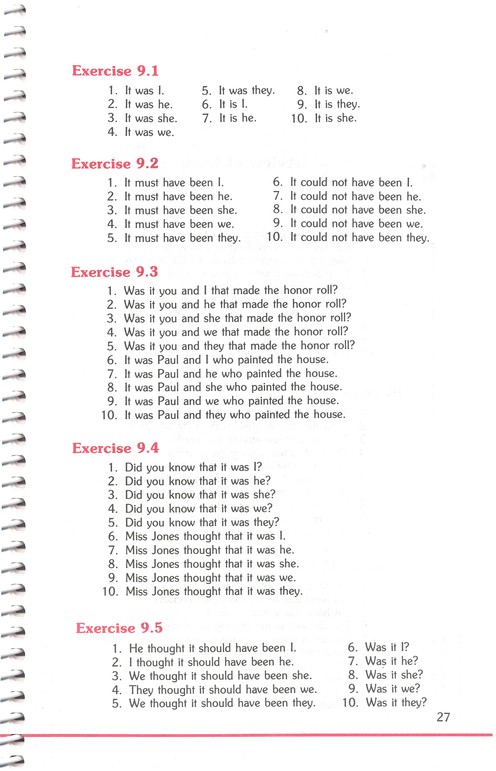



Abeka Oral Language Exercises Grades 4 To 6 Christianbook Com
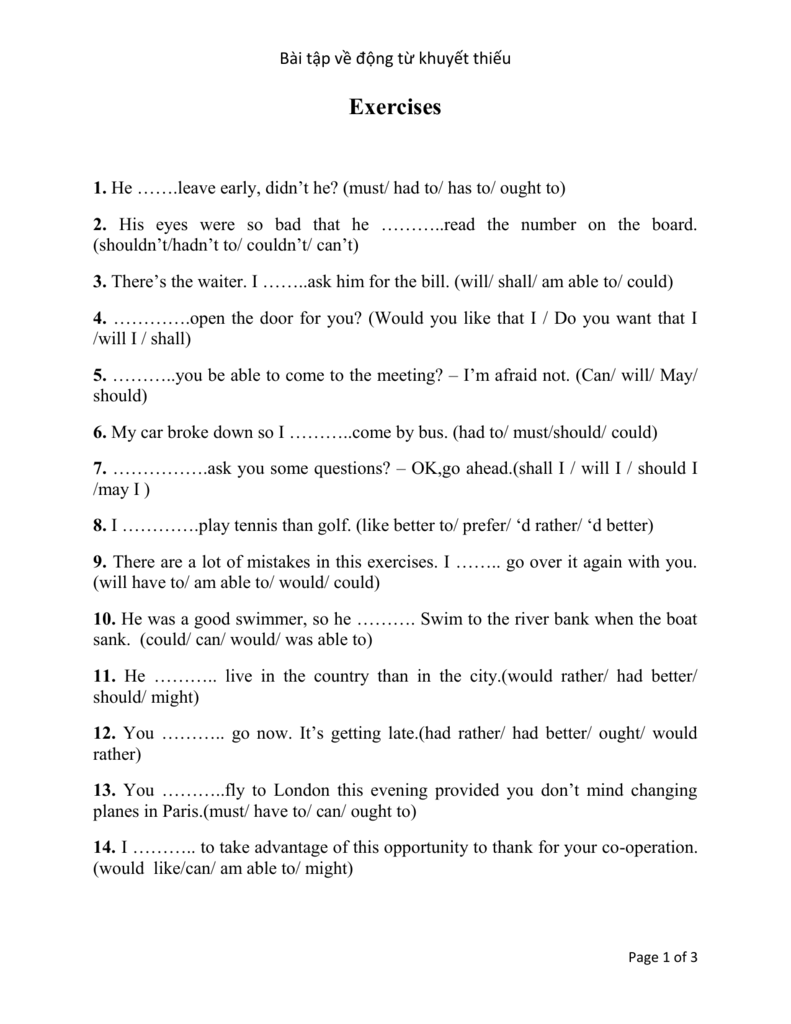



Exercises
They must find a solution to the problem He must find a job Should, ought and must Should and ought have very similar meanings and can often replace each other Note that ought is followed by the infinitive with to You should tell the truth OR You ought to tell the truth He should be punctual OR He ought to be punctual He should stopStudy Zone / Level 330 — Lower Intermediate / Grammar Topics / Modals of Advice 1 Should, Ought to, Had Better Modals of Advice 1 Should, OughtHAVE TO, MUST & SHOULD are modal verbs which we use for obligation and recommendations Use SHOULD to make a recommendation (ie when you think it is a good idea for someone to do something) Example You should do some grammar exercises to improve your English 2



1
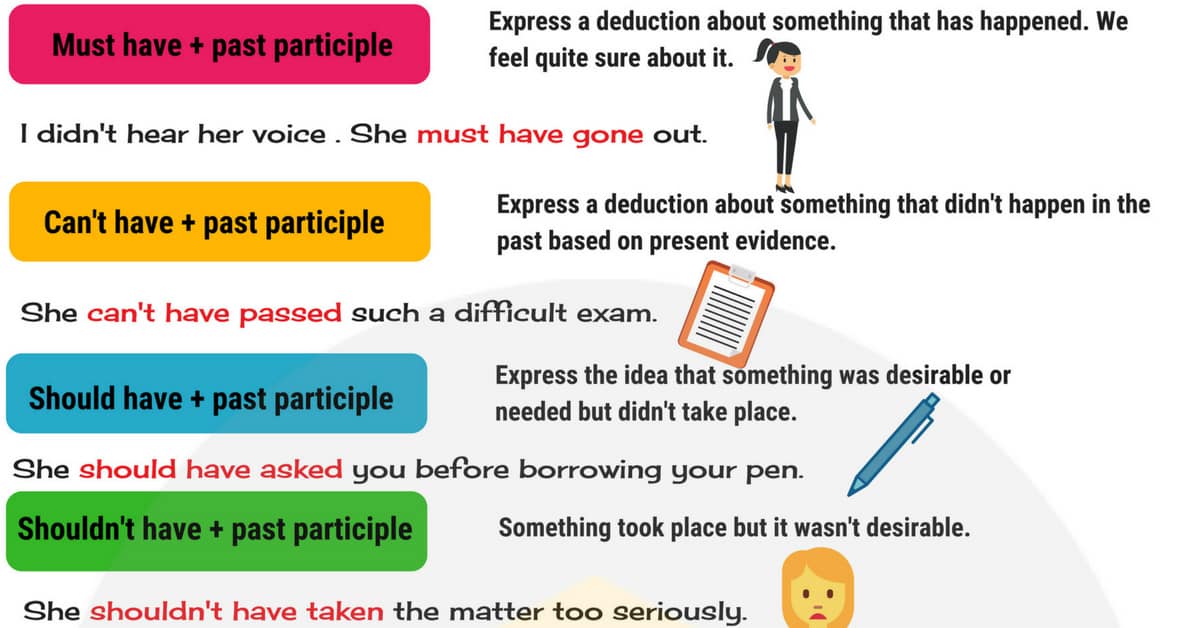



Perfect Infinitive With Modals Could Have Would Have 7esl
Had better is usedDon't have to ?14 should 15 shouldn't Grades as percentages 15 / 15 = 100% 14 / 15 = 93 13 / 15 = 87 12 / 15 = 80 11 / 15 = 73 10 / 15 = 67 9 / 15 = 60 8 / 15 = 53 7 / 15 = 47 6 / 15 = 40 5 / 15 = 33 4 / 15 = 27 3 / 15 = 2 / 15 = 13 1 / 15 = 7 0 / 18 = 0 % Permission granted to reproduce for classroom use
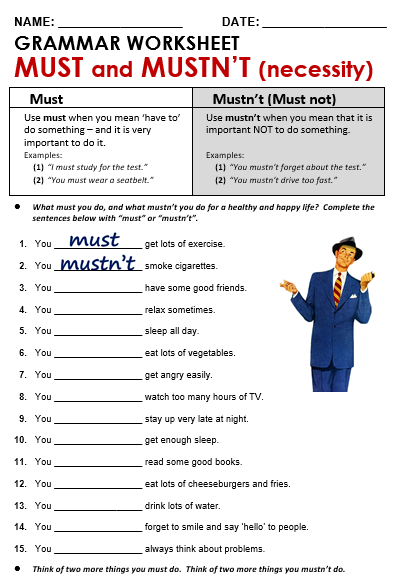



Must Necessity All Things Grammar
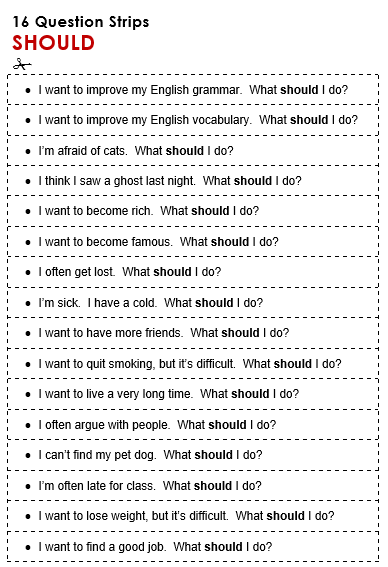



Should All Things Grammar
Should Must Quiz Time limit 0 Quizsummary




Use And Practice Of Should Must And Have To Short Explanation Exercises Esl Worksheets Vocabulary Worksheets Esl Worksheets
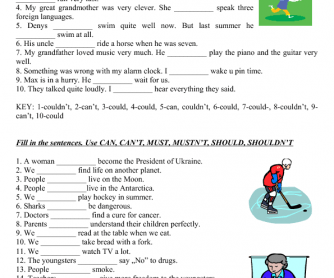



81 Free Must Worksheets




Modals




Must Have To Should Exercises 2 Bsga



Www Edu Xunta Es Espazoabalar Sites Espazoabalar Files Datos Contido Unidade13 Arquivos Actividades Pdf




Can Must Should English Esl Worksheets For Distance Learning And Physical Classrooms
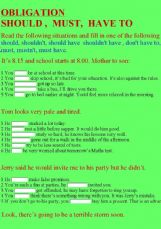



Esl English Exercises Obligation Should Must Have To




9 Modal Verbs In Modern English Theory And Exercises




This One Should Be Very Easy For You Try To Do This Exercise No More Than 5 Minutes Modalverbs Modales En Ingles Vocabulario En Ingles Ingles Ninos




How To Teach May Might Could Must Off2class
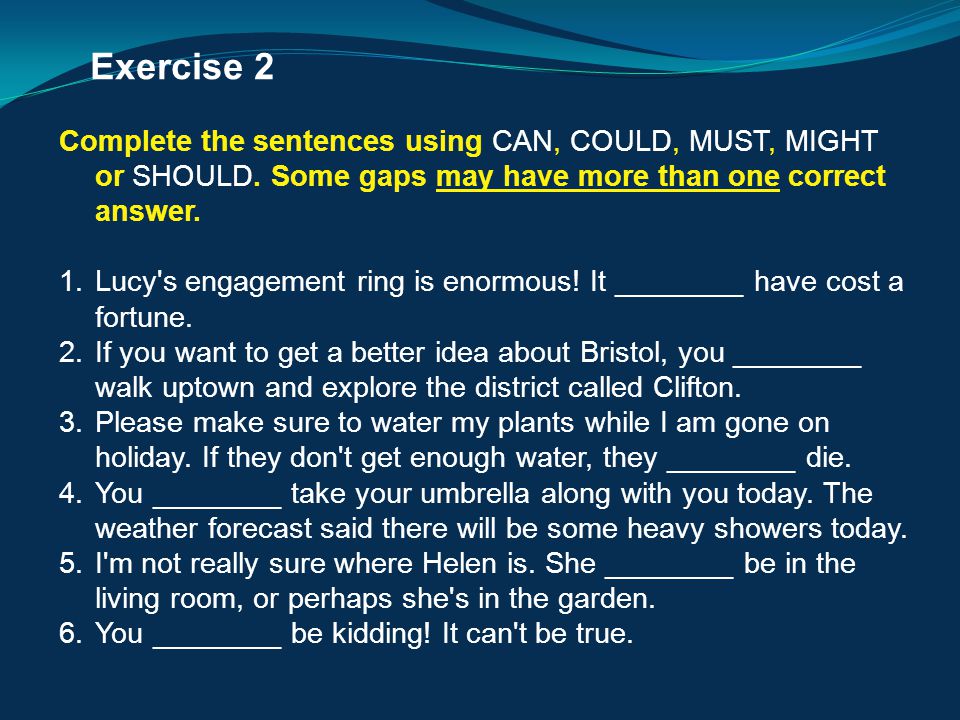



Tomislav Skracic Ma Undergraduate English Course For Marine Engineers 2nd Semester Essential Reading Spincic A An English Textbook For Marine Engineers Ppt Video Online Download




Modal Verbs Must Should Have To English Esl Worksheets For Distance Learning And Physical Classrooms
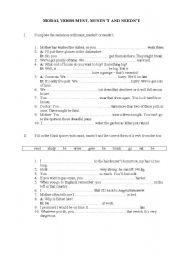



English Exercises Modal Verbs Must And Mustn T




Sleam Upper Intermediate Grammar Exercises By Jjonestemp Issuu




The Difference Between Must Have To Shall Need And May




Have To Must And Should For Obligation And Advice Learnenglish Teens British Council




Must Have To Exercises
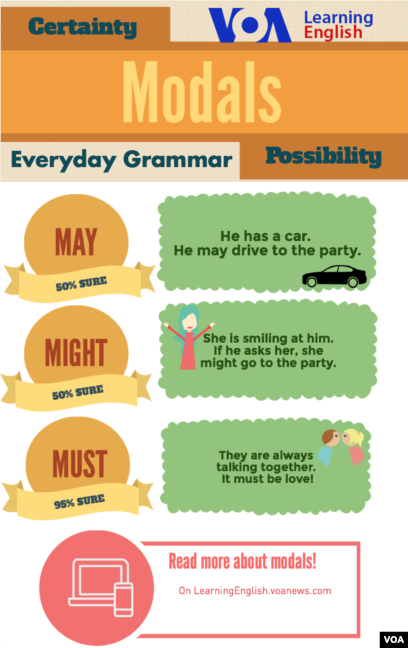



May Might Must Modals Of Certainty




Should Must




Past Modal Verbs Of Deduction Exercise Con Solucion Syntax Grammar
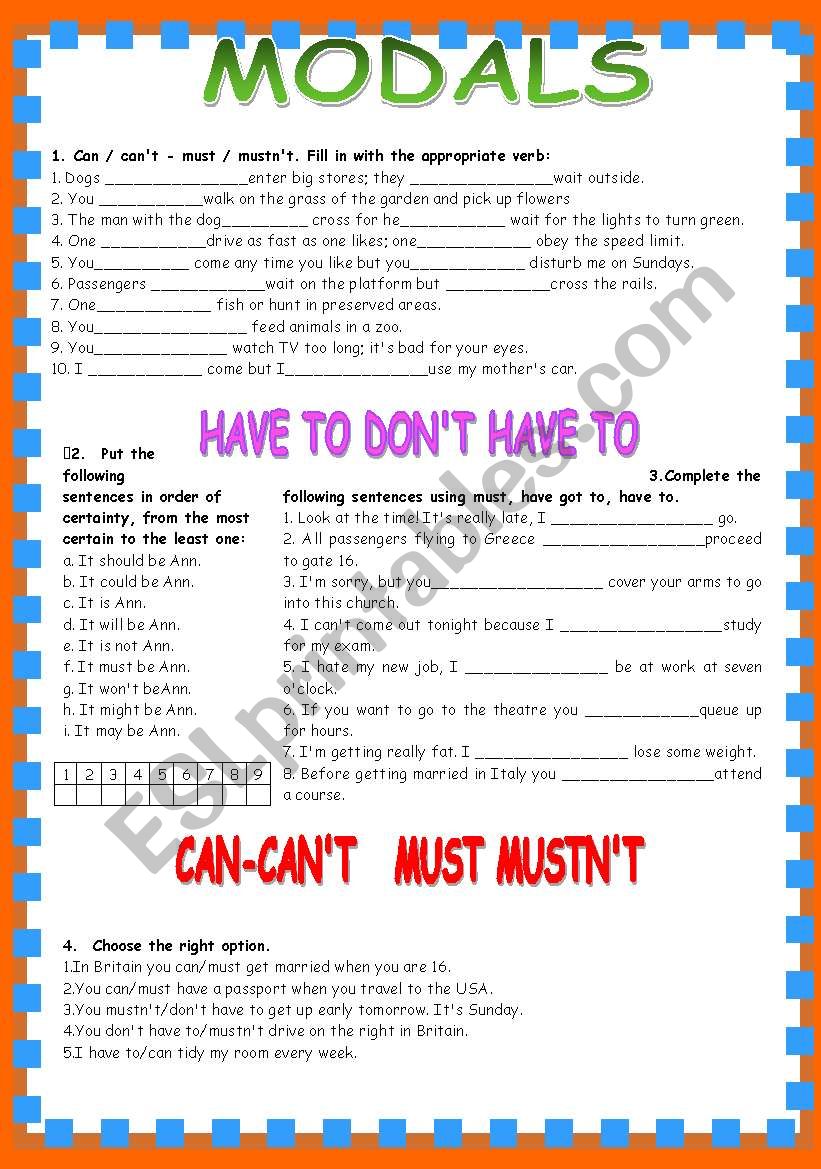



Modals Can Can T Have To Don T Have To Must Mustn T Should Shouldn T Esl Worksheet By Patties
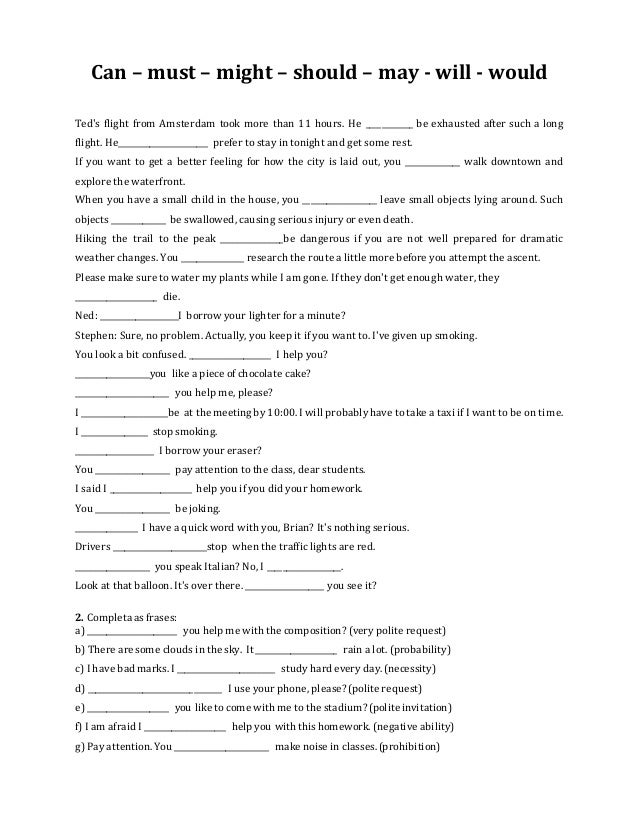



Modal Verbs Exercises




Grammar Exercise May Have Might Have Could Have Must Have Should Have Would Have Youtube




Modal Verbs Worksheets And Online Exercises




Perfect Infinitive With Modals Could Have Would Have 7esl




Modal Verbs Speculation Exerciseschoose The Correct Phrase To Complete Each Sentenceought To Have Brainly In
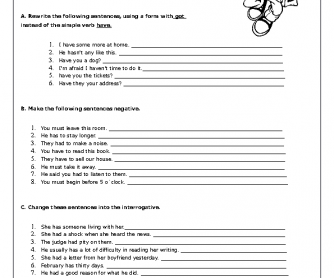



81 Free Must Worksheets




Gs Must Have To Should Exercises 80




11 Should And Must In Exercises In Form 1 Textbook Download Scientific Diagram
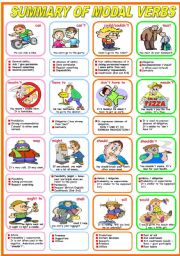



English Exercises Should Ought To Had Better Expressing Advice Author Bouabdellah
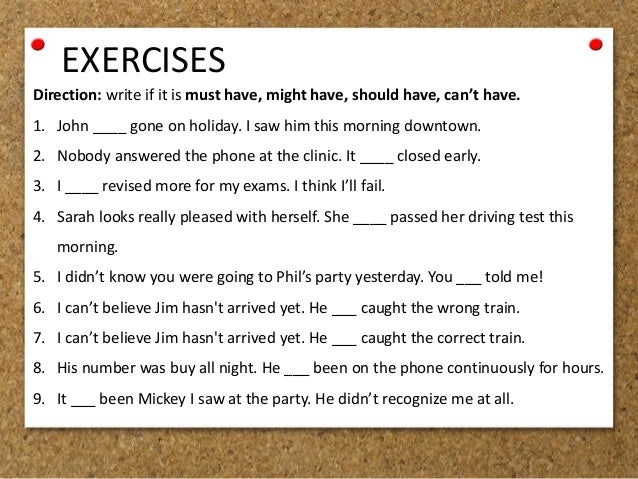



Must Have Might Have Can T Have Exercises Exercise Poster




Must And Have To Exercises
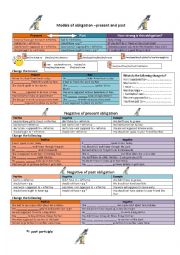



English Exercises Obligation Should Must Have To




How To Teach May Might Could Must Off2class




Should Must English Esl Worksheets For Distance Learning And Physical Classrooms
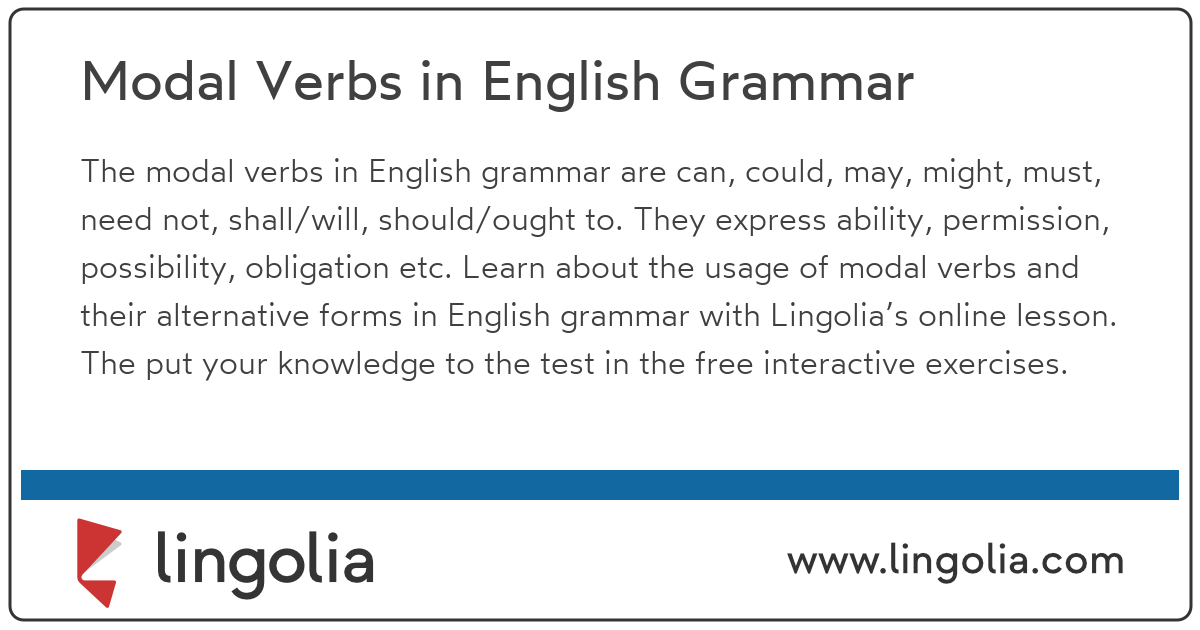



Modal Verbs In English Grammar The Modal Verbs In English Grammar Are Can Could May Might




Test English Prepare For Your English Exam
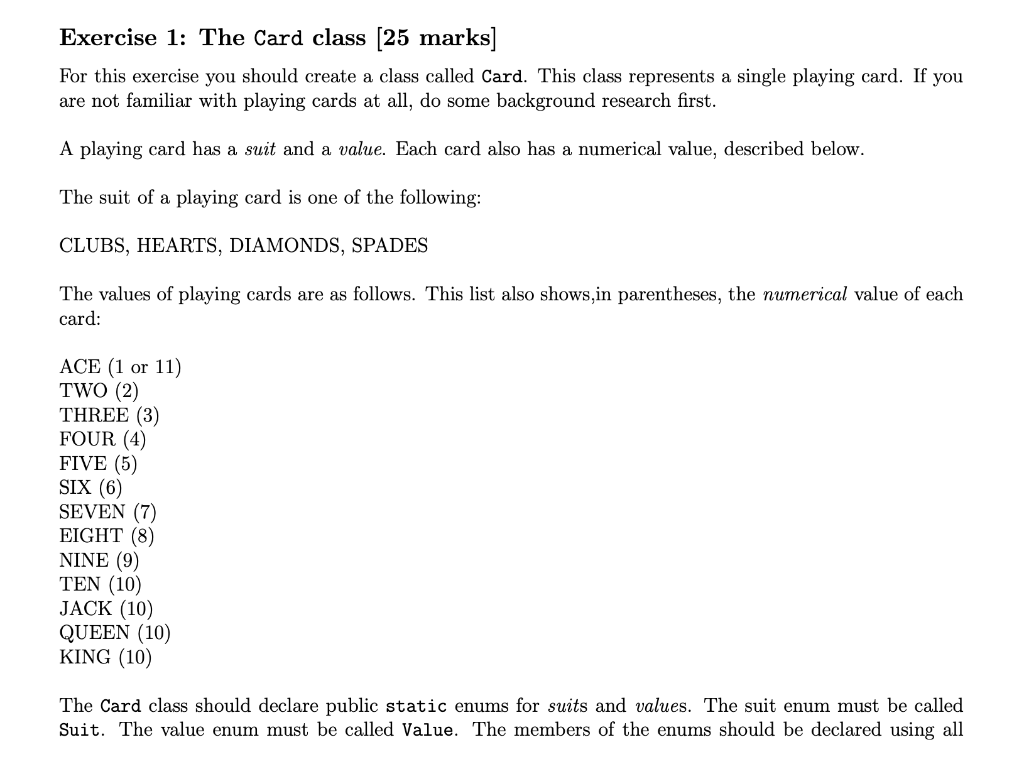



Any Help With This Assignment All The Coding Has Chegg Com



1
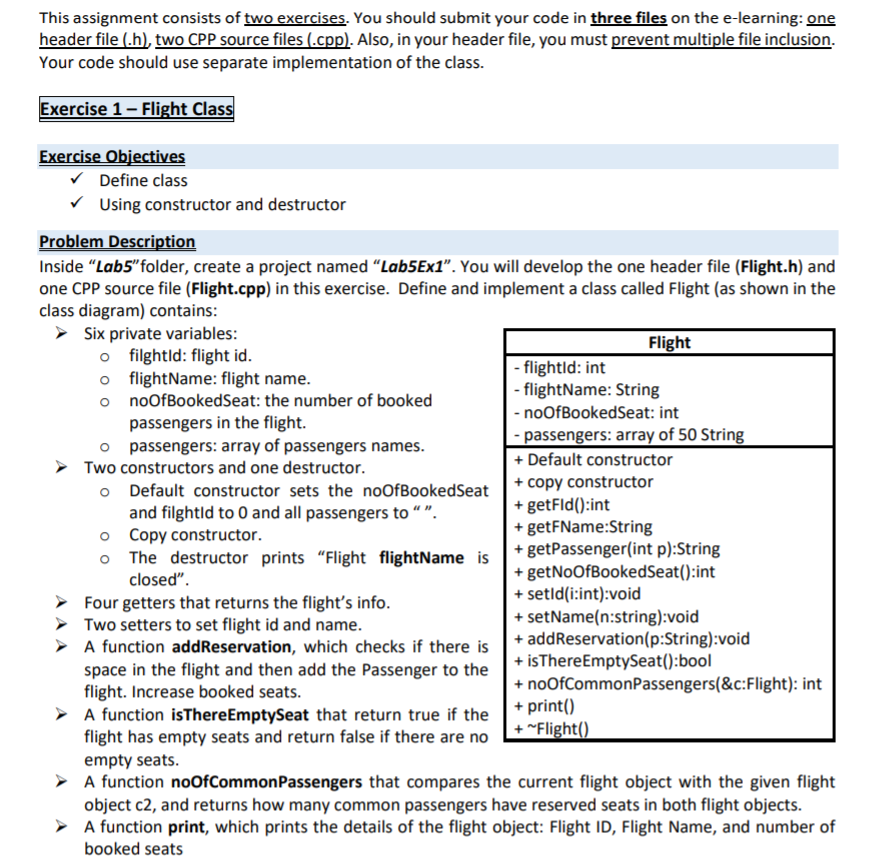



Solved This Assignment Consists Of Two Exercises You Sho Chegg Com




Diana S Magic Box Marzo 16
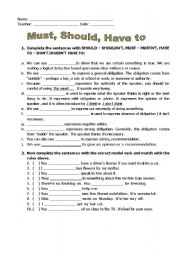



Must Should Or Have To Esl Worksheet By Baby V




Modals Exercise For 2º Bachillerato



1




Modal Verbs Interactive And Downloadable Worksheet You Can Do The Exercises Online Or Download The Wor Verbs Activities Verb Practice Teaching English Grammar




How To Teach May Might Could Must Off2class
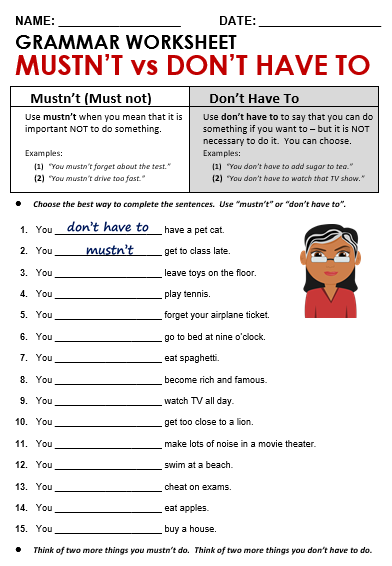



Must Necessity All Things Grammar



Fadeibuoni Files Wordpress Com 17 03 Musthaveto2 Pdf




No More Mistakes With Modals 3 Easy Rules Youtube




Have To Or Must Easy Grammar Quiz And Infographic World English Blog
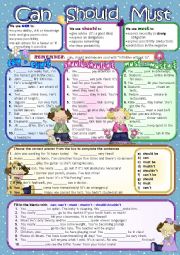



Can Should Must Greyscale Answer Key Included Esl Worksheet By Mariamit




Solved 1 Distance Py Complete Chapter 4 Programming Ex Chegg Com




The Difference Between Must Have To Shall Need And May
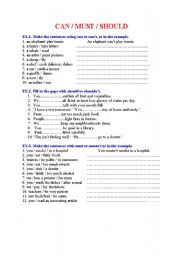



Can Should Must Exercises On Modal Verbs Esl Worksheet By Ania Z



S H O U L D A N D M U S T E X E R C I S E S Zonealarm Results
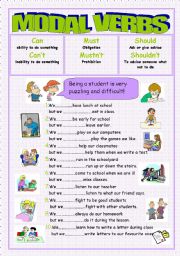



English Exercises Modals Should Shouldn T Mustn T



Www Edu Xunta Es Espazoabalar Sites Espazoabalar Files Datos Contido Unidade13 Arquivos Actividades Pdf
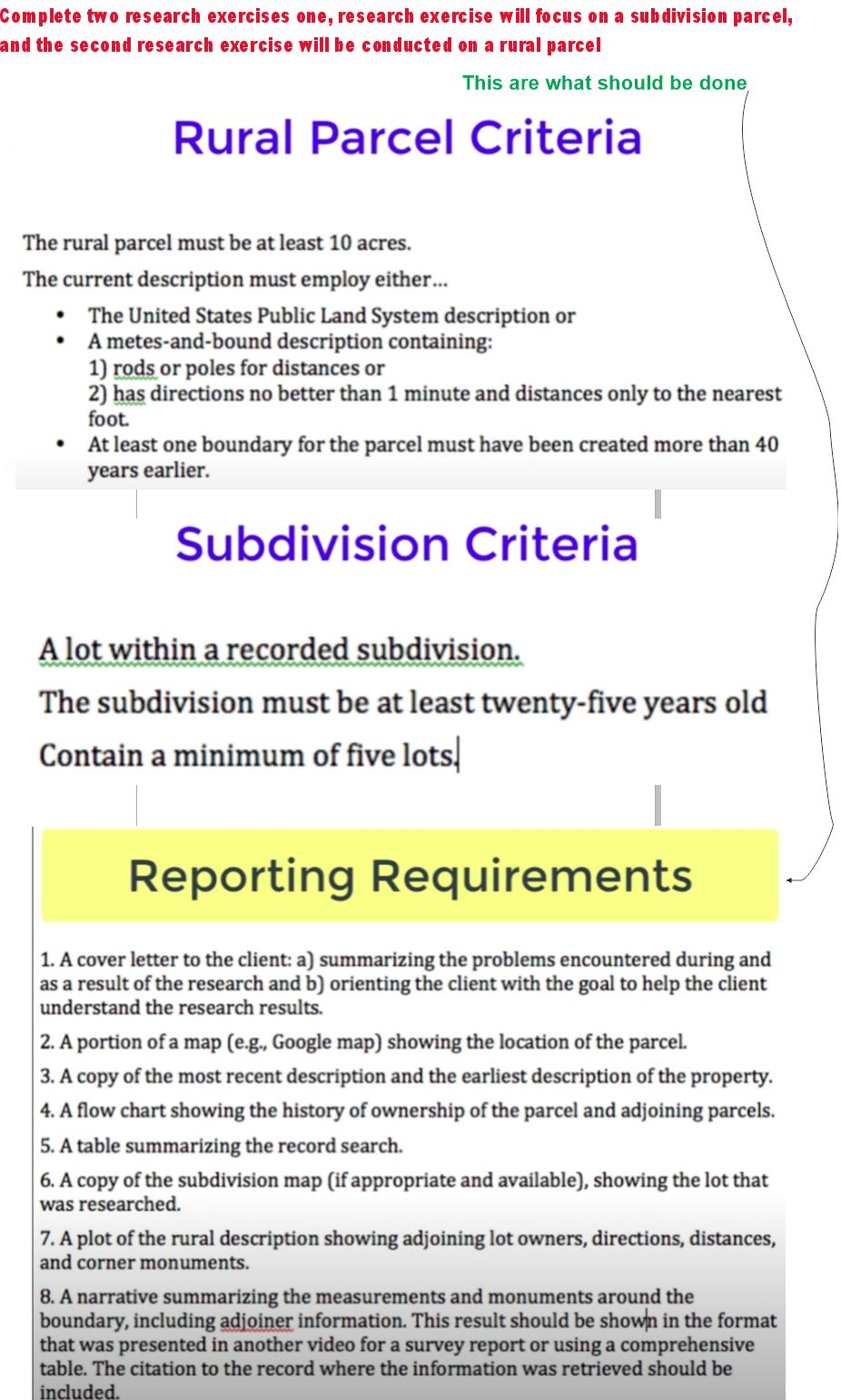



Complete Two Research Exercises One Research Exer Chegg Com




Test English Prepare For Your English Exam




Must Mustn T Can Can T Could Couldn T Should Or Shoul T Worksheet




Should Must Grammar Practice Teaching English Grammar English Language Learning
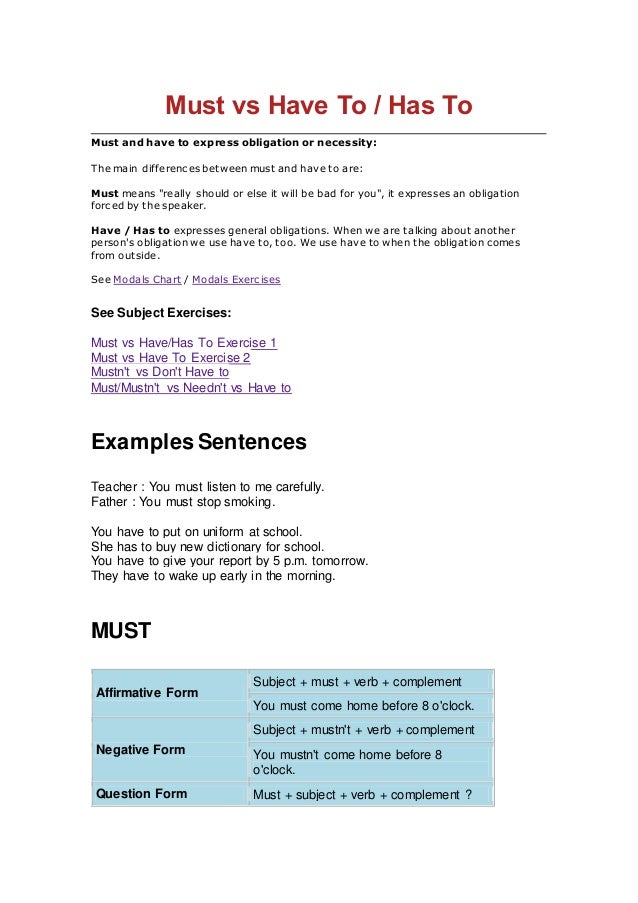



Must Vs Have To Grammar



Http Www Fchp Org Employers Resources Media Files Wellnessflyers Exercise3things Ashx




Gs Must Have To Should Exercises 2
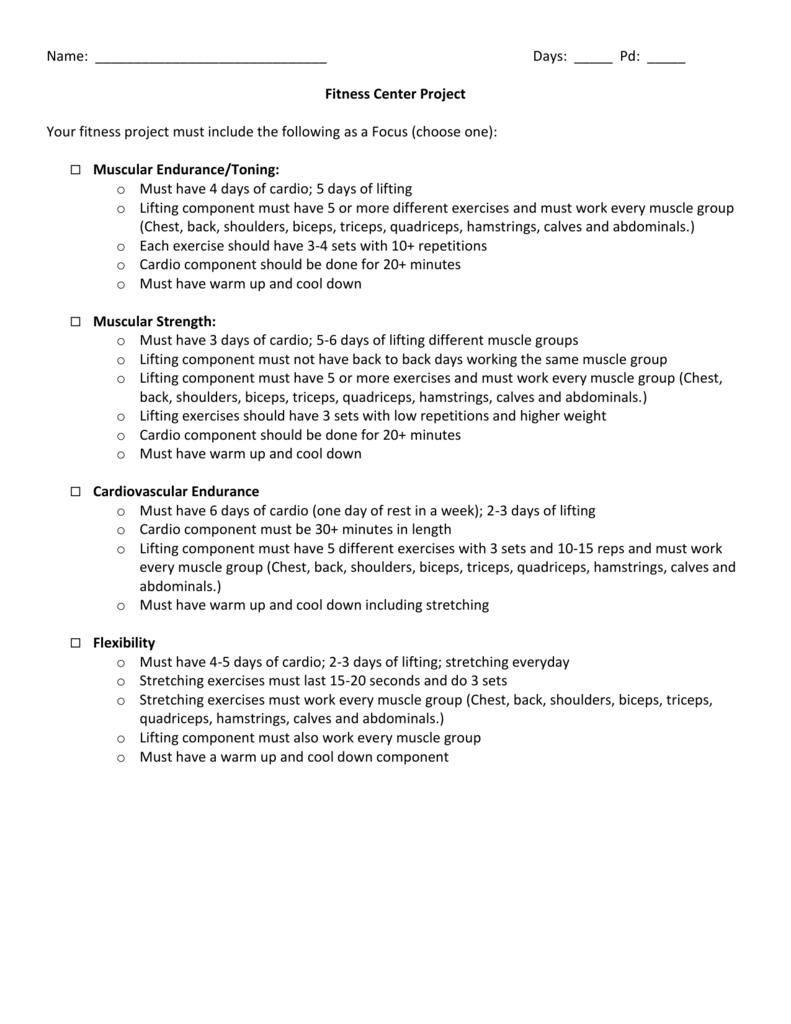



Workout Principles
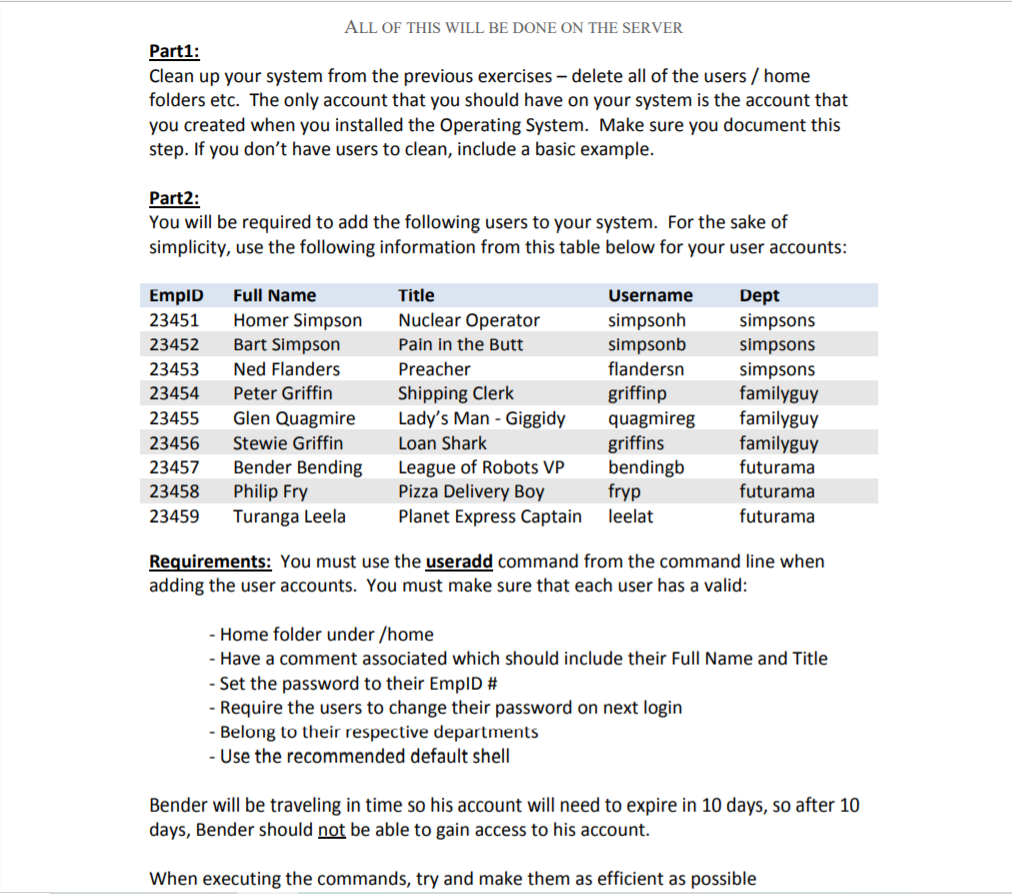



All Of This Will Be Done On The Server Part1 Clea Chegg Com



0 件のコメント:
コメントを投稿